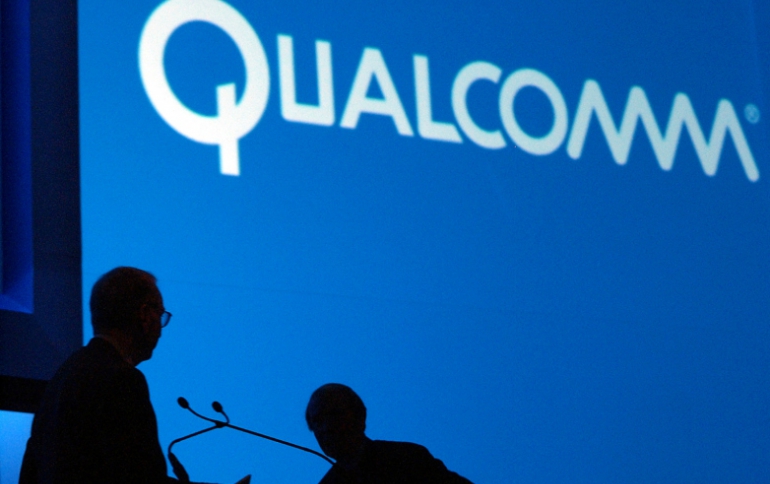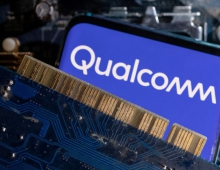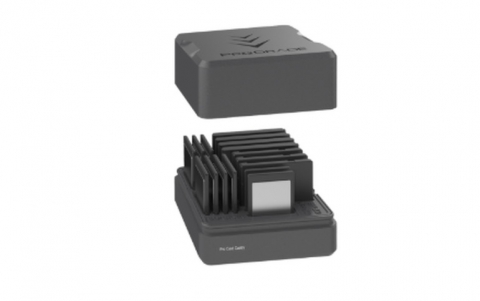
Qualcomm Officially Ends $44 billion NXP Bid
Qualcomm today officially announced the termination of the $44 billion deal to buy NXP Semiconductors after failing to secure Chinese regulatory approval.
Steve Mollenkopf, Chief Executive Officer, Qualcomm Incorporated, commented, "Our core strategy of driving Qualcomm technologies into higher growth industries remains unchanged. We will continue to focus on our strong momentum in these growth industries with projected revenues of approximately $5 billion for fiscal year 2018, up greater than 70 percent from fiscal year 2016. We believe our technology leadership and disciplined execution will drive significant value creation for our stockholders."
Qualcomm had said on Wednesday that it would drop the bid for NXP, unless a last minute reprieve from China was received.
The deal was announced in October 2016 and was awaiting Chinese approval even as a trade dispute between United States and China intensified and the two countries clashed on issues such as ownership of technology and patents.
There had been expectations that the lifting of a ban on U.S. chipmakers doing business with China's ZTE would clear the way for the NXP deal.
Qualcomm said on Wednesday that it expects Apple to solely use modems from a rival - likely Intel - amid a battle between the two companies over pricing and licensing costs.
But it cited progress on one of two major patent royalty conflicts, thought to be with Chinese phonemaker Huawei Technologies Co Ltd. Of the $700 million due to Qualcomm as part of an interim agreement, $500 million was paid this quarter.
The San Diego chipmaker on Wednesday also delivered strong third-quarter results and a rosy outlook for so-called 5G technology.
According to TrendForce analyst CY Yao, the global smartphone market has been saturated, but it is still unclear whether 5G could bring new growth momentum to the whole industry. As the business models for 5G are not yet clear, it is uncertain whether 5G developments could lead to new replacement purchases. The market situation will still depend on the attitude of telecommunications operators in the near term.
Yao notes that, based on the performance of Qualcomm, it is hard for the company to achieve future growth with revenue from the smartphone market alone. Moreover, its lower-than-expected revenue from licensing business, QTL, may also influence the company's profitability in the future. In order to make breakthroughs in the short term, Qualcomm would continue to strengthen the sales of RFFE products, and to increase the market share in IoT and automotive sectors.
On the other hand, China has been investing heavily in its domestic semiconductor industry, and Chinese chipmakers would buy some time for development after the failed acquisition. If the deal were approved, Qualcomm would be able to significantly improve its technical strength, develop a wider range of solutions, and diversify its customer base. This would be a huge challenge or even risk for Chinese chipmakers and the domestic semiconductor industry of China.
JAC Capital has bought RFSOI and the Standard Products business of NXP in 2016, showing that NXP has a good relationship with China-based funds. If the management board of NXP decides to sell the company, then China is bound to take action, such as buying NXP to improve the country's technical strength in developing chip solutions.
If NXP is not to be sold, China will still continue to develop its domestic semiconductor industry. Chinese chipmakers will aim to provide domestic-made chips for automotive, IoT, and security applications.





















